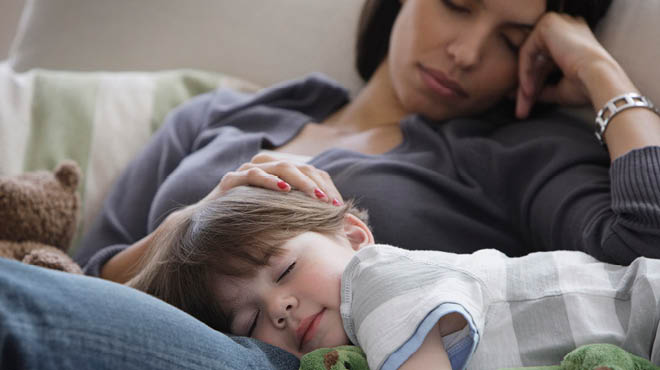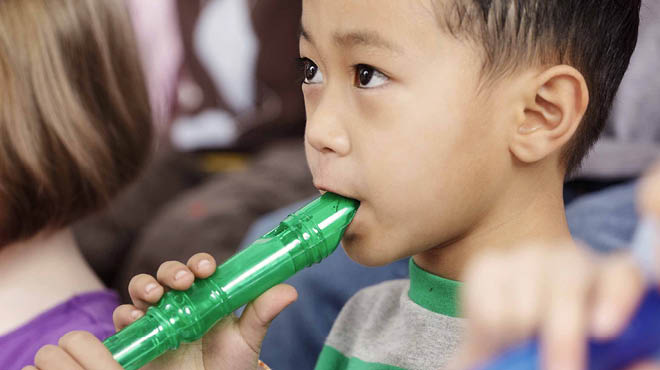Recent Posts
Protect children's hearing from noisy toys, gifts

Hearing loss often is thought of as something that happens to the elderly. But we live, work and play in a noisy environment, and hearing loss affects the lives of people of all ages.
The Hearing Health Foundation reports that nearly 50 million people in the U.S. suffer from hearing loss in at least one ear, including 20% of teens. In younger children, hearing loss may be caused by playing with noisy toys.
Are toys really that loud?
Many toys that young children play with can produce levels equal to 90 decibels, which is as loud as or louder than a lawn mower. These levels typically require hearing protection. The volume can turn up as high as 120 decibels, which is as loud as an airplane taking off because kids often play with toys near their faces, ears and mouths.
Do a sound test before buying
Your child's ears are delicate, and every home with kids has its share of noisy toys.
As a parent, it's a good idea to test toys in the store before buying. Test the volume of a toy closer to your face, not at arm's length. Play like a child — hold the toy up by your ear, or crouch to a child's height and play with it on the ground. If a toy sounds too loud to you, it's too loud for your child.
Also research the Noisy Toys List from the Sight & Hearing Association.
How to lower the sound level
Toys
Try placing clear tape over the speaker. Some tests have shown this lowers the sound level and may be safer for kids' ears. Every now and then, turn the sound off or down on audible playthings.
Music and headphones
For children and teens glued to their music player or smart device, parents should stand near their child when they have headphones on and the music is playing. If you can hear the music, it's too loud.
Output-limiting headphones are an excellent gift option. In most cases, they automatically limit the output level to about 85 decibels, which is a safe volume for up to eight hours. These headphones may be available at many Mayo Clinic Health System sites and through local and online retailers. Many devices, such as cellphones and tablets, have noise output-limiting settings that can be activated.
You also can invest in custom earbuds or noise-canceling headphones that help block background noise, allowing you to decrease the volume.
Instruments
Did someone receive an instrument for the holidays?
These are fun, creative gifts, but consider these tips so hearing isn't sacrificed to make music:
- For all musicians, but especially drummers, smart hearing health care is essential. Older musicians may benefit from musician earplugs that limit sound without compromising musical integrity.
- Drummers should try practicing with drum pads as much as possible. This will eliminate loud noises while still offering a surface for rehearsing stick strokes.
- Another approach is to limit practice to intervals. Try practicing, with ear protection, for 30 to 60 minutes, taking a break for the same amount of time to give your ears a rest, then going back to practice.
Don't forget about hearing health care when you're shopping for gifts during the holidays — and throughout the year — or when your children receive toys. Make sure your gifts protect hearing and support healthy ears.
Katie Dease, Au.D., is an audiologist in Owatonna, Minnesota.






